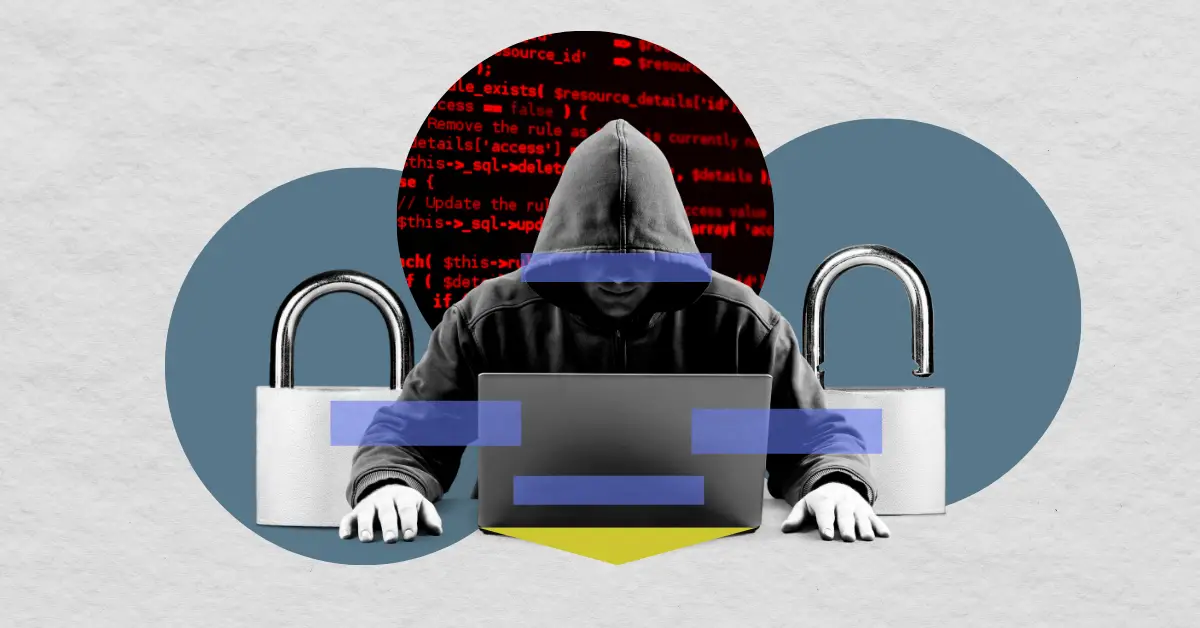
The United States Department of Justice (DOJ) has successfully extradited Evgenii Ptitsyn, a 42-year-old Russian national, from South Korea. This move is part of a major crackdown on the notorious Phobos ransomware, which has wreaked havoc on both public and private sectors worldwide. Ptitsyn faces serious charges related to facilitating the movement of over $16 million through the sale, distribution, and deployment of this damaging malware. The ransomware has impacted more than 1,000 victims globally, affecting critical sectors and causing significant disruptions.
Phobos Ransomware: A Persistent Threat
Phobos ransomware operates as a Ransomware-as-a-Service (RaaS) platform, allowing affiliates to target sensitive sectors including healthcare, education, and government institutions. This ransomware effectively encrypts victims’ data and demands hefty ransom payments, with threats to publish the encrypted files if the demands are not met. The Department of Justice alleges that from 2021 to 2024, affiliates funded decryption fees by transferring Bitcoin (BTC) to specific wallets linked to Ptitsyn. Law enforcement agencies painstakingly traced these transactions to a unique wallet that Ptitsyn controlled.
The Phobos ransomware typically infiltrates systems through phishing schemes and brute-force attacks on the Remote Desktop Protocol (RDP). These techniques highlight the sophisticated means by which cybercriminals can gain unauthorized access to critical systems, further emphasizing the need for robust cybersecurity measures.
Charges and Potential Penalty
Ptitsyn’s indictment comprises 13 counts, including wire fraud, computer fraud, and extortion, each carrying the possibility of a 20-year prison sentence. This significant extradition was the result of an extensive international collaboration, involving countries such as South Korea, Japan, and several European nations. The cooperative effort underscores the global commitment to tackling cybercrime and bringing perpetrators to justice.
Conclusion
The extradition of Evgenii Ptitsyn is a pivotal moment in the fight against ransomware and other cyber threats. As digital transformation accelerates across various sectors, the need for effective cybersecurity measures becomes increasingly urgent. This case highlights the importance of international cooperation in combating cybercrime and protecting critical infrastructure worldwide. It serves as a stern reminder for organizations to prioritize the security of their systems and data to prevent falling victim to such malicious attacks.






